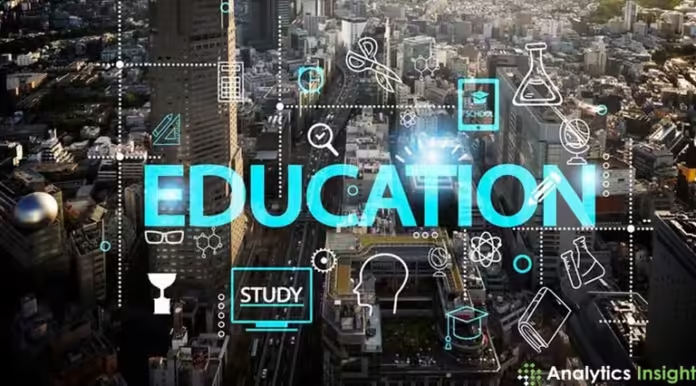The integration of educational technology (EdTech) has profoundly transformed teaching and learning methods. The COVID-19 pandemic accelerated this shift, but the trends it initiated are expected to shape the future of education for years to come. Innovative technologies are enhancing accessibility, engagement, and efficiency in learning environments. Below are some of the top EdTech trends currently shaping the educational landscape.
Top EdTech Trends Shaping the Future
- Artificial Intelligence: A New Frontier in Education Artificial intelligence (AI) is poised to remain a dominant force in education through 2024. AI enables personalized learning experiences, allowing educators to tailor their teaching methods to meet the diverse needs of students, thereby boosting motivation. Moreover, AI can automate repetitive tasks like scheduling, grading, and content generation, freeing up teachers’ time for more meaningful interactions with students.
- Usage of Chatbots Chatbots serve as virtual assistants for both educators and learners, providing easy access to educational resources. These AI-driven tools offer support in problem-solving and are available 24/7, allowing students to seek help whenever needed. However, challenges exist, such as the need for regular updates and concerns regarding data security and privacy. Future advancements in chatbot technology could enhance educational quality and improve the learning experience.
- Datafication & Learning Analytics Datafication involves converting educational experiences into data, enabling the analysis of student performance and instructional strategies. This approach provides insights into academic strengths and weaknesses, helping educators develop targeted strategies to improve student engagement and performance. Learning analytics enables personalized education, allowing educators to identify gaps in understanding and inspire students through data-driven insights.
- Immersive Learning Immersive learning leverages technologies like virtual reality (VR) to create engaging and effective training environments. Companies such as Walmart and Verizon utilize VR for employee training, enabling practice of both soft and hard skills in realistic settings. Research indicates that immersive learning enhances knowledge retention, engagement, and preparedness, making it an invaluable tool for modern education.
- Blockchain Blockchain technology is revolutionizing the management of academic records by providing secure and permanent ledgers for test scores, degrees, and transcripts. It offers innovative solutions for managing student debts and assignment deadlines through smart contracts. Educational institutions are increasingly adopting blockchain for online education and credential verification, fostering accountability and transparency in academic records.
Conclusion
The integration of educational technology is dramatically reshaping education and creating opportunities for enhanced learning experiences. From blockchain to artificial intelligence, these technological advancements are improving the efficiency, accessibility, and personalization of education. AI is transforming interactions between educators and students, chatbots provide round-the-clock assistance, and learning analytics offer insights into student performance.
Immersive technologies like virtual reality increase student engagement, while blockchain ensures secure and transparent management of academic records. These EdTech developments are paving the way for a more productive, engaging, and inclusive learning environment. By addressing the diverse needs of learners globally, these innovative technologies promise a bright future for education.










